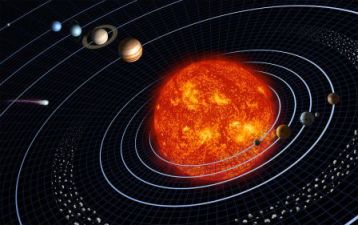Motion
Scalars and Vectors
Vector Math
Mass and Weight
Force
Speed and Velocity
Acceleration
Gravity
Friction
Laws of Motion
Simple Machines
Glossary of Motion Terms
|
Work and Energy
Energy
Kinetic Energy
Potential Energy
Work
Power
Momentum and Collisions
Pressure
Heat
Temperature
|
